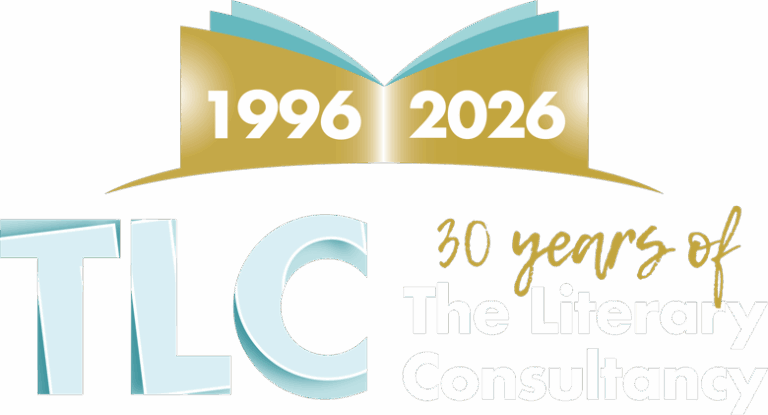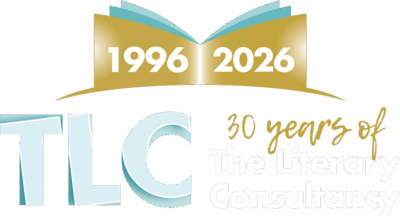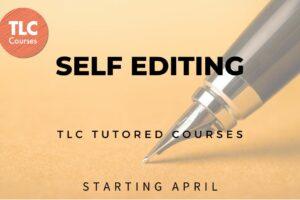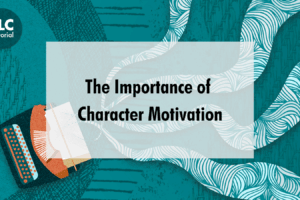An introduction to writer coaching by Being A Writer co-Director and Amplify coach Julia Forster
Read on if you’re curious about how writer coaching might impact your creative practice, and when and how in the writing journey it can be put to best use.
What is coaching?
“Coaching is the art of facilitating another person’s learning, development, wellbeing and performance… The whole aim of coaching is to close the gap between people’s potential and their current state.” – Jenny Rogers, Coaching Skills: The Definitive Guide to Being a Coach
Coaching is the co-creation of a non-judgemental and confidential space held with care by the coach in which they work with a client. This is usually one-to-one, although group coaching also exists for cohorts like in our Amplify programme. Sessions usually last between one and two hours and are typically held over a number of sessions (a generally agreed sweet spot is around 6-10 sessions initially), with time in between for the client to move their agenda forwards.
Writer coaching sessions present a space for the writer client to think, reflect, and to raise awareness of issues they are currently challenged by and to also assess opportunities which are presented. The coach’s job is to bear witness, listen actively and attentively, support and challenge while the client sets the agenda and the pace of the inner work.
The focus in coaching sessions is forward facing and clients move through a process, often by setting goals they’d like to reach for in order to gain momentum, taking action at their own pace in between sessions. Tools or techniques can be suggested by the coach for the client to try out either during or in between sessions, but there is no ‘formula’ for a coaching session, and each session is
bespoke, depending on the needs of the client.
Writer coaching is distinct from mentoring in that it works on the premise that the client has the solutions within them to resolve issues, and that it is the coach’s role to ask questions in order to raise awareness and responsibility, rather than directing the client, giving advice or sharing their opinions (this can be highly effective within a mentoring environment where the focus is on a particular piece of writing, instead of the writer as whole-person, where coaching really comes into its own). Coaching is also distinct from psychotherapy or counselling in that the coach is focused on looking at actions, and the sessions are forward-facing rather than interested in looking at what’s gone before.
What is writer coaching?
You might be more familiar with coaching in the realms of sports psychology or executive leadership, but nowadays coaches practice across a wide variety of contexts, including with writers and creative practitioners. In the realm of the writing life, we’ve given a couple of short case studies to exemplify what a coaching intervention might look like for two fictional writers, Grigory and Sara.
Example 1
Grigory has been submitting his work for the past six months to competitions, magazines and agents, and has received multiple rejections, some of which detailed unresolved issues in the piece of work he submitted, but some rejections also urged him to keep going. Grigory is losing confidence as well as the spring in his step and comes to coaching feeling unsure about whether he should quit.
In a case such as this, after establishing rapport with the client, the coach might
ask some open questions such as:
- What is your aspiration for your overall work in progress? What do you desire?
- What obstacles are getting in the way?
- What have you already tried in order to overcome these obstacles?
- In an ideal world, where you book has been published, what would you see, feel and hear?
- Can you give me an example from the past in which you overcame a hurdle? What steps did you take to tackle that issue? How might these apply to this situation?
- What very next step will you take tomorrow to move towards your goal?
Notice how the questions are all open ended and allow the client to explore the reality of the situation they are confronted with, the obstacles and opportunities, as well as their generative will to make a change. The questions veer away from asking why this situation has arisen. Instead coaches work on the premise that the client has the capacity to generate options to move beyond this within themselves.
Example 2
Sara completed a writing course two years ago in which she outlined a novel and wrote the first 15,000 words in order to get her accreditation. But ever since returning to full-time work, the novel has languished on her hard drive and she’s been distracted from writing by various work commitments and social engagements. She books a series of coaching conversations with the goal to get back into creating a sustained practice of writing.
In a case such as Sara’s, once the coach and Sara have co-created the safe container in which to work together, the coach might ask:
- What have the last two years taught you?
- How might this empower your creative practice now?
- What empowered you to write when you were studying as part of a course?
- What does that tell you?
- What possible obstacles can you foresee in the immediate future which might get in the way of your writing practice?
- What’s your very next step tomorrow? How energised do you feel about it, and how could you be even more energised?
As many authors know intuitively, the creative process is not linear – and neither is a coaching session. Coaching conversations are essentially an exchange between coach and client, the outcomes of which are hard to predict and indeed the coach’s job is to let go of their own assumptions about the best course of
action and instead to be guided by the wisdom and potential which is inherent within the client. Coaching gives the writer permission to zoom out or in, to explore, and to interrogate, all in a safe space. Grigory might realise through the course of his coaching sessions that he needs to pause submissions, gain detailed feedback, and work out what he really wants from this process. Sara might realise she’s been placing agency outside of herself and valuing others’ views on her work more than her own instinct, and that she does in fact have the resources to implement a new writing regimen that fits into the rhythms of her current life and commitments.
Could I benefit from writer coaching?
Coaching is able to address issues or obstacles which are getting in the way of beginning, sustaining, or completing a work-in-progress. The client can examine qualities of either the inner or outer life which are out of balance and redress that balance and move through periods of writer’s block, stagnation, self-doubt or self sabotage.
Coaching can examine the conditions in which creativity occurs and the client is empowered to make changes which enhance those conditions. As a strength-based practice, the client will cross thresholds of understanding and find new insights on old patterns of writing practice, with the coach looking on at the
progress the client makes with positive regard.
A helpful metaphor to think about coaching is that the coach accompanies the client to new heights where the landscape of their practice becomes broader. The wider horizons gained speaks of the increased sense of self-awareness: and, as all writers know, self-knowledge underpins so much of our creative practice. The alchemy in the coaching room can bring surprising insights to the clients and
effectively pave ways to move through territory which was otherwise muddled or confusing.
Have you ever noticed that, on completing a writing project yourself, there is a feeling of a threshold having been crossed, and that there is a new awareness which adds a more nuanced dimension to your understanding of how you practise creatively? Coaching is a tool which can illuminate this kind of insight
with the aid of another person in the room accompanying you in the journey towards a greater sense of self-awareness. When practised well, coaching can transform aspects of your creative life and be a huge gift to writers who wish to make a change.
Find out more about coaching
Hetty Einzig The Future of Coaching (Routledge, 2017)
Eric Maisel Coaching the Inner Artist (New World Library, 2005)
Jenny Rogers Coaching Skills: A Handbook (Open University Press, 2016)
Simon Western Coaching & Mentoring: A Critical Text (Sage, 2012)
TLC’s group coaching programme, Amplify, starts January 22nd. Details here
Interested in one to one coaching? Send us an email to be matched to a qualified writer coach









One Response
A great summary of writer coaching and what it involves. Very useful, thank you.